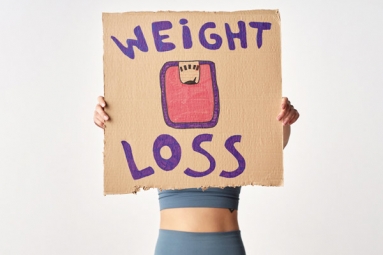
(Image source from: Canva.com)
A recent investigation has provided insights into the long-standing debate regarding whether to prioritize cardio or weight training at the start of a workout. The findings indicate that individuals who engaged in weightlifting prior to cardio experienced a significant reduction in body fat and demonstrated increased daily physical activity in comparison to those who favored cardio first. This research involved 45 young men between the ages of 18 and 30 classified as obese. Participants were divided into three groups: one control group and two exercise groups that followed the same training regimen, differing solely by the order of exercises. The weightlifting group engaged in routines that included bench press, deadlift, and squat, while the cardio group participated in 30 minutes of cycling on a stationary bike.
Essential Observations:
Fat Reduction: Those who conducted weight training first reported a greater decrease in total body fat, including visceral fat.
Muscular Performance: The priority given to weight training resulted in improved muscular endurance and explosive power.
Cardiovascular Health: Improvements in cardiovascular fitness were similar between both groups, indicating that the order of exercises had no significant impact here.
Importance of Exercise Order:
Beginning with weightlifting depletes glycogen levels in the muscles, prompting the body to shift its energy source and rely more on fat stores for fuel. This metabolic change accounts for the superior fat loss observed in the group that lifted weights first.
Practical Applications:
For individuals focused on fat loss and maximizing daily movement, the research advocates for the prioritization of resistance training at the beginning of workouts.
However, if the primary focus is on enhancing cardiovascular fitness, the sequence is less critical, as both methods yield similar improvements in aerobic capacity.
Study Limitations:
This research solely included young men who are obese, which may limit the applicability of the findings to women, older individuals, or those with varying body types.
Future studies should also consider factors such as diet, sleep quality, and levels of stress to provide more thorough recommendations.






















